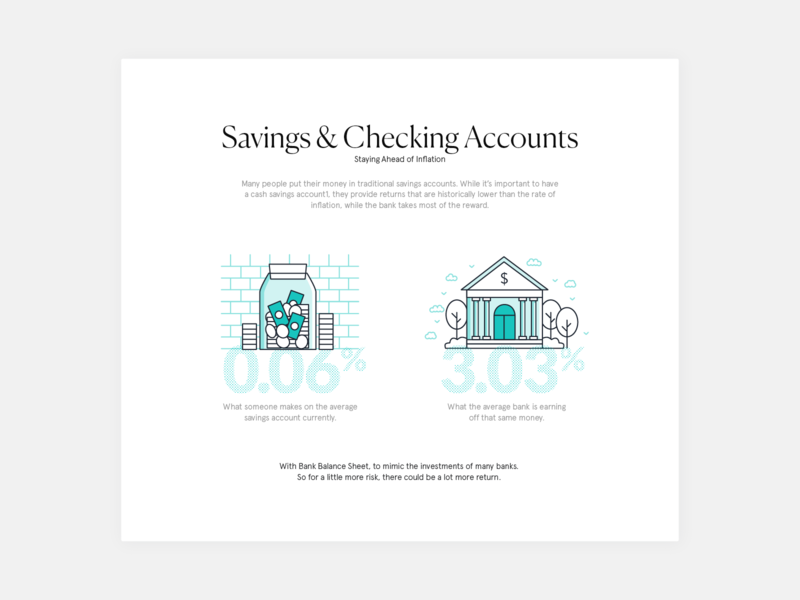Discover The Unforeseen Expenditures And Effects Of Overlooking An Efficiency Bond, And Comprehend Why It's Vital To Avoid This Expensive Mistake
Discover The Unforeseen Expenditures And Effects Of Overlooking An Efficiency Bond, And Comprehend Why It's Vital To Avoid This Expensive Mistake
Blog Article
Writer-
When a guaranty concerns an efficiency bond, it ensures that the principal (the event that buys the bond) will fulfill their commitments under the bond's terms. If the major stops working to fulfill these commitments and defaults on the bond, the guaranty is accountable for covering any losses or problems that result.
1. Loss of online reputation: Defaulting on an efficiency bond can harm the principal's track record and reliability, making it more challenging to secure future organization or financing.
2. Legal and administrative expenses: The guaranty might require to pay lawful and administrative expenses related to going after the principal for problems or attempting to remedy the circumstance.
3. Monetary losses: The surety may require to cover the cost of completing the job or offering the services that the principal stopped working to supply. This can result in substantial financial losses for the surety.
4. Boosted costs: If the principal has a history of defaulting on efficiency bonds, they may be required to pay greater costs in the future to acquire the needed bonding.
In general, defaulting on a performance bond can have serious financial consequences for both the principal and the surety. It is essential for principals to very carefully consider their responsibilities and guarantee they have the ability to meet the regards to the bond to avoid these adverse end results.
Back-pedaling an efficiency bond can be an expensive error for companies. When you stop working to satisfy the bond's responsibilities, the financial effects can be significant. From paying the full bond amount to prospective legal fights and damaged connections, the repercussions can reverberate throughout your service procedures. Understanding the elaborate web of monetary effects that back-pedaling an efficiency bond can have is important for safeguarding your business's economic health and track record.
Financial Penalties for Defaulting
If you back-pedal a performance bond, you'll likely face significant financial penalties. These charges can vary relying on the terms of the bond arrangement yet often include paying the bond quantity in full to the obligee. This means that if you stop working to fulfill your contractual commitments, you should pay the bond amount to the task owner or the entity that called for the bond.
Additionally, how does a performance bond work may additionally be in charge of any kind of added costs incurred by the obligee as a result of your default, such as finding a replacement specialist or covering task delays.
Back-pedaling an efficiency bond can also lead to legal charges and court prices if the obligee chooses to take legal action versus you to recover the bond amount. These expenses can promptly add up, further worsening the monetary impact of your default. It's necessary to carefully examine and understand the regards to the performance bond to prevent these serious punitive damages.
Influence On Organization Capital
Back-pedaling an efficiency bond can substantially affect your organization cash flow, impacting monetary security and functional abilities. When you default on an efficiency bond, you risk losing the bond amount, which can be a significant sum. This loss straight affects your cash flow, as you'll require to discover alternative sources of moneying to cover the bond quantity. Additionally, skipping can cause enhanced examination from sureties, making it more difficult and much more costly to safeguard bonds in the future. This can further stress your capital as you may need to designate added sources to satisfy bonding demands.
The effect on your cash flow doesn't quit there. Back- bonded can likewise cause project hold-ups or cancellations, causing a loss of income. In addition, the negative track record that comes with skipping can prevent prospective clients, even more minimizing your cash flow. Overall, defaulting on an efficiency bond can have destructive impacts on your service's economic health and wellness and ability to run smoothly.
Lawful Implications and Claims
Dealing with lawful ramifications and possible claims due to defaulting on a performance bond can considerably affect your service's track record and economic standing. When you back-pedal a performance bond, the surety firm might take lawsuit to recuperate the bond quantity paid. This could result in costly lawful charges, court expenditures, and possible negotiations or judgments versus your company.
Additionally, back-pedaling a performance bond may result in harmed partnerships with customers, subcontractors, and suppliers, influencing your ability to protect future contracts. insurance in business occurring from bond defaults can taint your service's reliability in the industry, making it testing to draw in brand-new companions or consumers.
Additionally, if the default leads to a court judgment against your service, it might cause possession seizure or liens, better straining your economic security. Therefore, it's important to comprehend the lawful ramifications of defaulting on a performance bond and take aggressive actions to minimize the dangers involved.
Final thought
As you face the effects of defaulting on an efficiency bond, remember this: it's like strolling a tightrope without a safeguard. One wrong step can send you plummeting right into an economic freefall, with no means to stop the loss.
The financial penalties, capital influence, and legal implications are all waiting to capture you if you mistake. So walk meticulously, and constantly honor your commitments to prevent the severe consequences of default.
